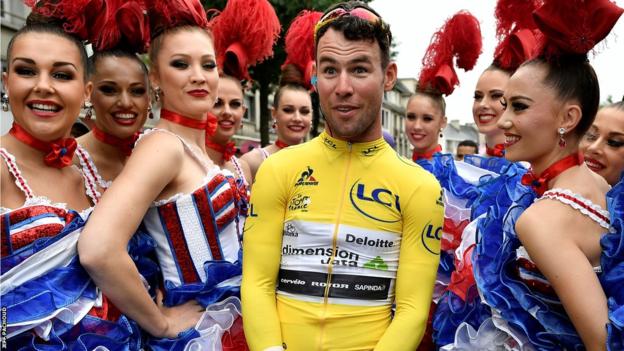‘The city should not be this way’: fears over violence in Rio with Olympics near

Amnesty has noted a rise in police violence since April. After pledging to pacify the favelas, is a new policy undoing years of hard work? Security at the Olympics will see 20,000 national guard, army and navy personnel alongside 65,000 police officers. Photograph: Xinhua/Rex Shutterstock T he archbishop of Rio de Janeiro was on his way from the Christ the Redeemer statue to the airport when his journey was interrupted by a gunfight that erupted on either side of the road. For 10 minutes, Cardinal Orani João Tempesta sheltered on a kerb behind his chauffeur-driven car as police and gangsters traded shots that crackled through the lofty, leafy neighbourhood of Santa Teresa. “People were scared of stray bullets,” he recalls of the incident last month. “And there was a sense of disappointment that the city should not be this way.” Such experiences and sentiments are all too common in Rio, the Olympic host city, where violent crime has long been a feature of the socia...












